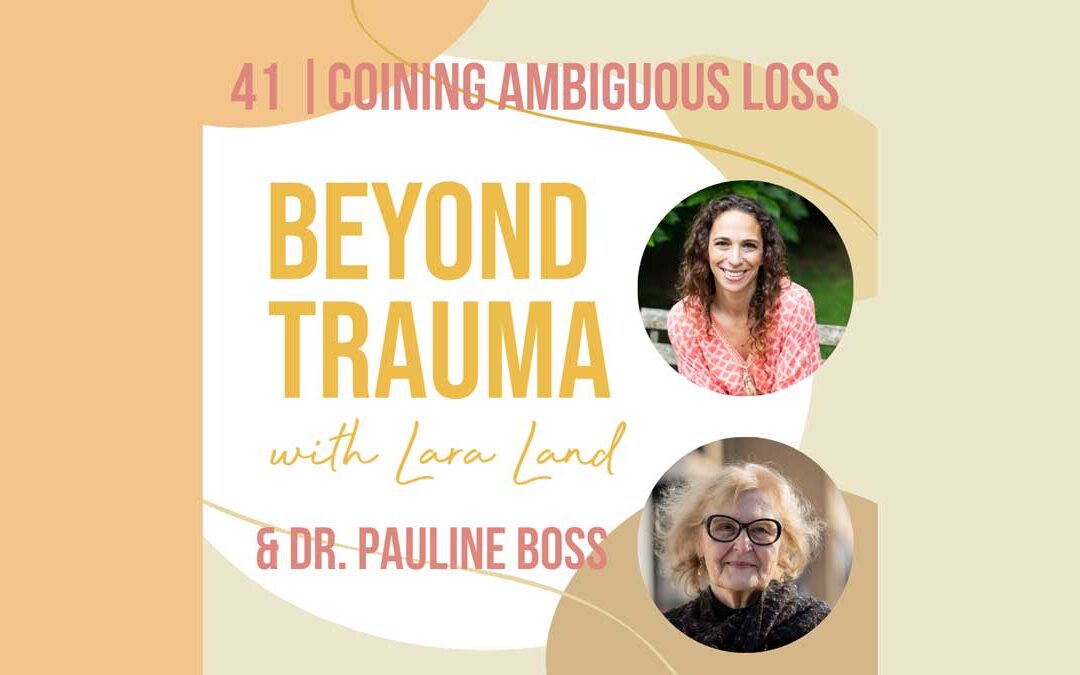
David Emerson: The Pioneer of Trauma Sensitive Yoga
- The Emergence of Trauma-Sensitive Yoga:
David Emerson is widely recognized as a pioneer in the development of trauma-sensitive yoga. Drawing inspiration from his background in yoga and his experiences working with trauma survivors, Emerson founded the Trauma Center at the Justice Resource Institute in Boston. This center became the breeding ground for the evolution of trauma-sensitive yoga, a specialized approach that acknowledges and addresses the unique needs of individuals with trauma histories.
- Yoga as a Therapeutic Tool:
Emerson’s work revolves around the idea that the body stores trauma and stress, and traditional talk therapies might not be sufficient to release these deeply rooted issues. Yoga, with its focus on breath, movement, and mindfulness, serves as a powerful therapeutic tool under Emerson’s guidance. The integration of yoga into trauma treatment has shown promising results in reducing symptoms of post-traumatic stress disorder (PTSD), anxiety, and depression.
- The Body Keeps the Score:
Collaborating with renowned psychiatrist Bessel van der Kolk, David Emerson co-authored the influential book “Overcoming Trauma through Yoga: Reclaiming Your Body.” This book explores the concept that trauma is not only stored in the mind but also in the body. It emphasizes the importance of addressing the physical manifestations of trauma through yogic practices, providing a comprehensive guide for both yoga instructors and mental health professionals.
- Empowerment through Choice and Agency:
One of the key aspects of Emerson’s approach is the emphasis on choice and agency in the practice of trauma-sensitive yoga. Unlike traditional yoga classes, participants are encouraged to make choices regarding their movements, postures, and level of engagement. This empowerment fosters a sense of control and safety, crucial elements for individuals navigating the challenges of trauma.
- Global Impact and Training Programs:
David Emerson’s impact extends far beyond the walls of his Trauma Center. He has been instrumental in developing training programs to spread the knowledge and practice of trauma-sensitive yoga worldwide. By training yoga instructors, mental health professionals, and healthcare practitioners, Emerson has facilitated the integration of trauma-sensitive approaches into diverse therapeutic settings.
David Emerson’s work has illuminated a path toward healing that integrates the wisdom of yoga with the science of trauma. Through his pioneering efforts, he has reshaped the landscape of trauma treatment, offering a beacon of hope to those who have experienced profound adversity.
David’s work is particularly significant because of the extensive research he has conducted. I speak with him today on the Beyond Trauma Podcast about his latest research paper which describes a study of the affectiveness of yoga versus cognitive processing for sexual trauma in military.






Recent Comments